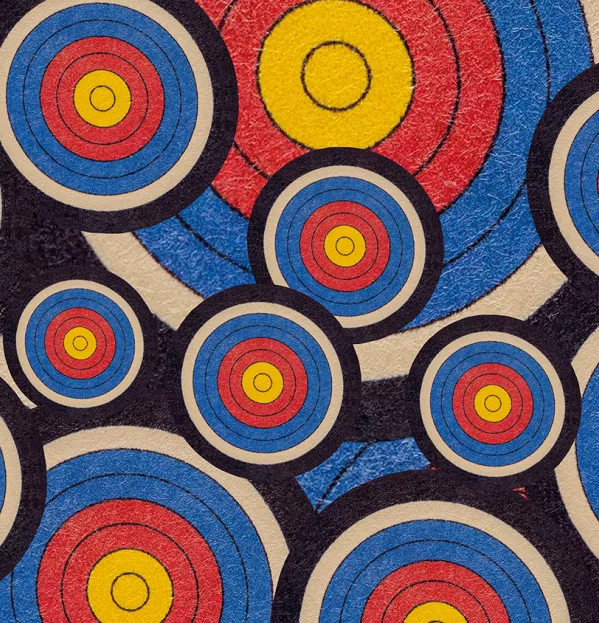I have always thought certainty to be the most baffling of mental states. For those of us who sometimes veer into neuroticism, not experiencing gut-punching self-doubt every time we had to make a decision would feel negligent. How, after all, can you make a choice without a detailed spiral decision-making process that pulls you into a vortex of myriad options, in which you try to grasp one option that seems to be your best bet for salvation?
For a time, I thought that even those who claimed to always be certain, and backed that claim with speed of response, simply had a quicker spiral process - ie, the doubts were still there, they just picked the “best” option faster. But so many people have told me I am wrong; that one option comes to mind, one option is chosen. There are no lingering second guesses.
Of course, an instantaneous decision is sometimes crucial. Decisiveness is often a virtue. And, yes, experience and knowledge can make us more likely to be right.
But when is a rushed decision too rushed? When does decisiveness become carelessness? At what point does experience and knowledge close our minds, sending us into entrenched, unchallenged habit? When does a lack of doubt make outcomes less certain?
I think of this often when observing discussions around “the best way to teach”. The phrase makes me cringe a little - it promises a simplicity so ill fitting for the complex, context-driven world of education. Best for whom, when, why and how?
When I vocalise this, the response is often a qualification: “Well, our best bet on the best way to teach, then.” Research, it is said, can point us in the most effective direction “and it’s all we’ve got, so let’s go with it”.
But research can only tell us what worked for some people, at a certain point, in certain conditions. As Christian Bokhove says in his column this week, implementation is key to the effectiveness of research and it is here we hit a deluge of messy humanity in the classroom - one that wreaks havoc without the careful variable-constraining controls of researchers.
Research is a wonderful part of the tapestry of knowledge that tells the education story. But, as Sir Kevan Collins, the recovery tsar, said recently at the Schools North East conference, we must beware the “complacency of certainty”.
I like that phrase a lot. In this magazine, we try to combine research with teacher experience and never promise certainty. The truth is that teachers only really know what works for their own context and, even then, the best teachers are open-minded about the possibility of being wrong.
All this matters because we seem to be heading towards a hierarchy of teaching approaches and, in a high accountability culture, that will mean an increasing prescription of pedagogy.
Education will suffer if this happens. The strongest teachers are those who manage to avoid certainty. Those teachers will always be more flexible, more open, more experienced, more effective - of that, I have no doubt.
@jon_severs
This article originally appeared in the 7 May 2021 issue under the headline “The ‘best’ teachers are the ones who doubt their own methods”




